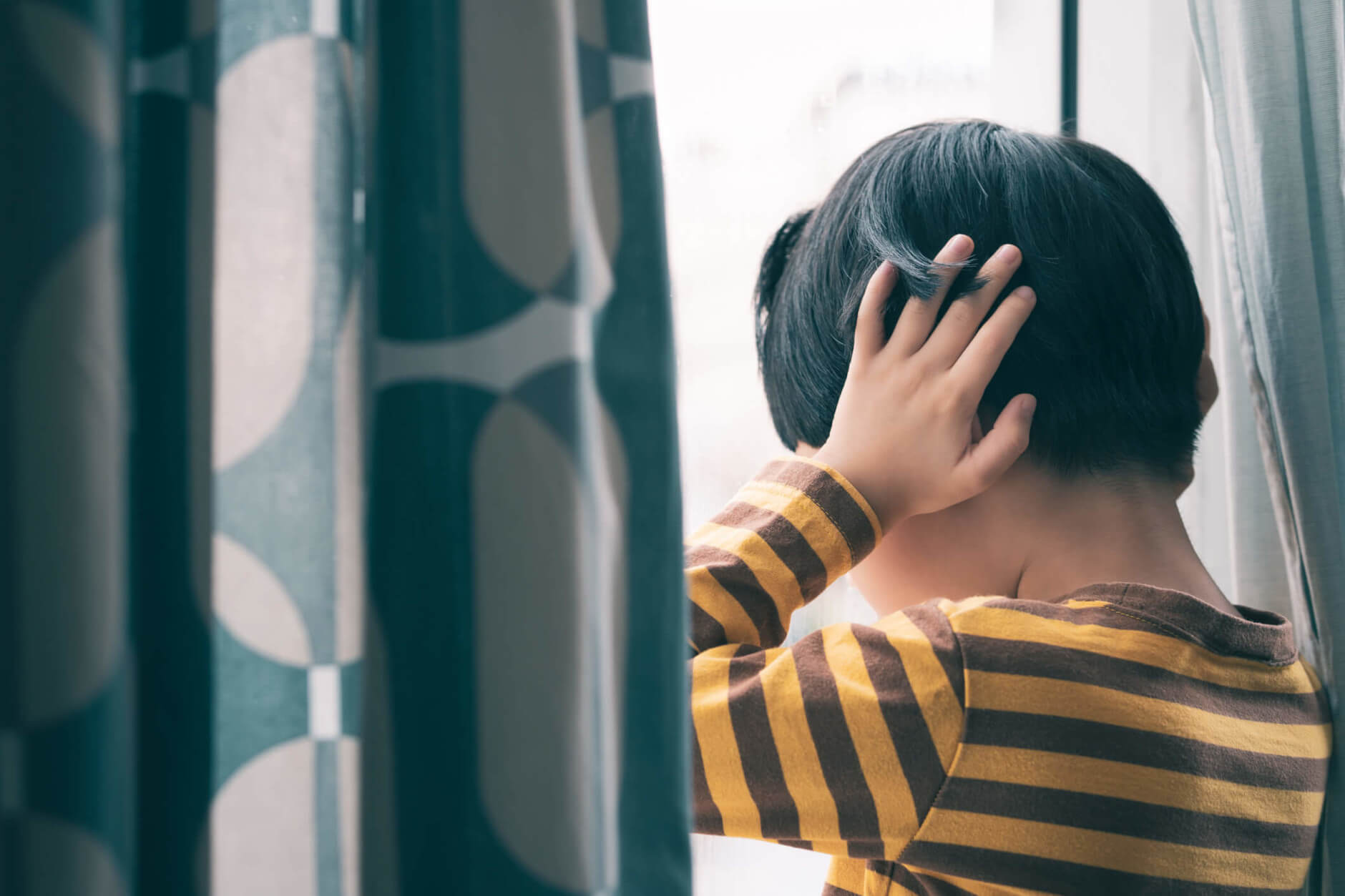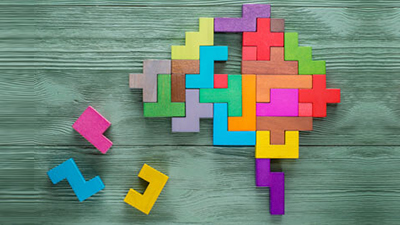PTSD - Supporting Children in Schools

In this article, Delyth Hughes explores post-traumatic stress disorder and what practical steps schools can take to support children.
Post-traumatic stress disorder (PTSD) is a mental health condition that is triggered by a terrifying event, either experiencing it or witnessing it. It is important to recognise that whilst an event may not be terrifying to an adult, it may be to a child and as such as adults we need to ensure we don’t dismiss their reactions or indeed consider them 'abnormal'.
PTSD can develop immediately or weeks, months or years after they have experienced the disturbing event. Symptoms may include flashbacks, nightmares and severe anxiety, as well as uncontrollable thoughts about the event. Those with the disorder have intense, disturbing thoughts and feelings, such as isolation, irritability and guilt related to their experience that last long after the traumatic event has ended. They may also find concentrating difficult and experience sleep problems.
Treatment for PTSD will depend on the severity of symptoms and how soon they manifest after the event. This might include simply monitoring to see if symptoms improve or worsen without treatment, psychological therapies e.g. trauma-focussed cognitive behaviour therapy (CBT) or prescribing antidepressants.
People with PTSD may have a constant awareness of threats and be easily startled, be very anxious and find relaxing difficult. This is known as hyperarousal. In children this may lead to:
- Difficult behaviour;
- Angry outbursts;
- Difficulty concentrating;
- Irritability;
- Sleeping problems such as nightmares or insomnia;
- Re-enacting the traumatic event over and over through play;
- Avoidance of anything related to the traumatic event.
Those diagnosed with PTSD may also have additional difficulties such as:
- Other mental health problems e.g. anxiety, depression or phobias;
- Self-harming;
- Destructive behaviour e.g. substance misuse;
- Physical symptoms such as headaches and feeling dizzy, stomach aches and chest pain.
Practical support for children diagnosed with PTSD
Children diagnosed with PTSD usually need professional support however, there are some core practice principles which other key figures in the child’s life, such as teachers and support staff, should do. This includes:
- Being supportive and building positive relationships, where the child has opportunities, without being forced, to talk;
- Recognising that some children may use creative mediums or play to communicate what they have experienced and how they are feeling. So be attentive but do not pressure the child into explaining such activities. Class teachers and support staff should share such observations with the Designated Mental Health Lead and Designated Safeguarding Lead;
- Maintaining routines. This is crucial. The consistency of routines provides stability to children with PTSD. This stability reassures the child that there are constants in their life and helps them to feel safe;
- Allocating time where a connection can be made. This does not have to be set sessions, a small amount of one to one time helps a child with PTSD;
- Connecting and showing empathy before addressing any behavioural or conduct issues. This will calm the child, make them more receptive and ready to learn;
- Remaining calm when planned strategies don't seem to be effective. Children readily pick up on tension and frustration which will only exacerbate a situation.
As I previously stated, children diagnosed with PTSD need the support of trained professionals and their expertise should also help form planned school support. In addition, the above suggested strategies will assist a child with PTSD to positively engage in all aspects of school life.
Want to know more about supporting mental health? Check out our Supporting Mental Health and Wellbeing of Children and Young People training.
Delyth Hughes
Senior Leader Children's Mental Health Recovery Unit










